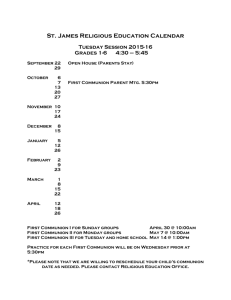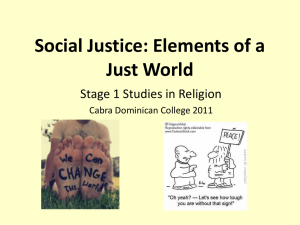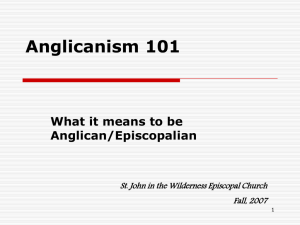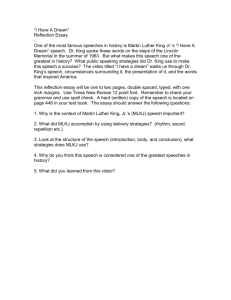clicking here.
advertisement
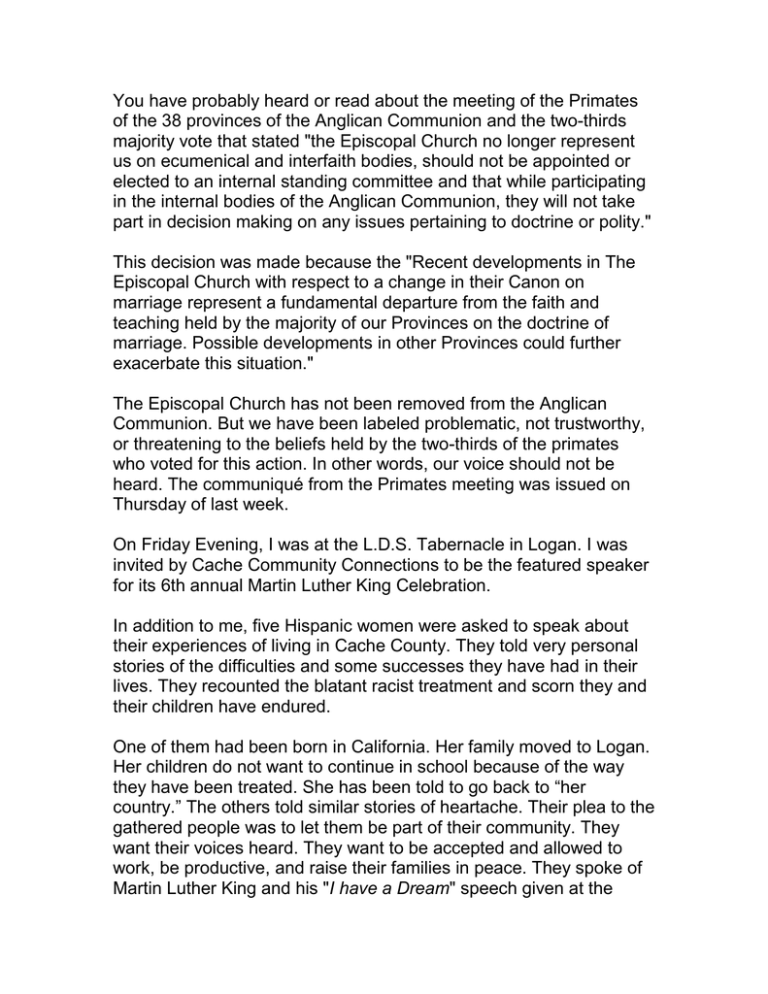
You have probably heard or read about the meeting of the Primates of the 38 provinces of the Anglican Communion and the two-thirds majority vote that stated "the Episcopal Church no longer represent us on ecumenical and interfaith bodies, should not be appointed or elected to an internal standing committee and that while participating in the internal bodies of the Anglican Communion, they will not take part in decision making on any issues pertaining to doctrine or polity." This decision was made because the "Recent developments in The Episcopal Church with respect to a change in their Canon on marriage represent a fundamental departure from the faith and teaching held by the majority of our Provinces on the doctrine of marriage. Possible developments in other Provinces could further exacerbate this situation." The Episcopal Church has not been removed from the Anglican Communion. But we have been labeled problematic, not trustworthy, or threatening to the beliefs held by the two-thirds of the primates who voted for this action. In other words, our voice should not be heard. The communiqué from the Primates meeting was issued on Thursday of last week. On Friday Evening, I was at the L.D.S. Tabernacle in Logan. I was invited by Cache Community Connections to be the featured speaker for its 6th annual Martin Luther King Celebration. In addition to me, five Hispanic women were asked to speak about their experiences of living in Cache County. They told very personal stories of the difficulties and some successes they have had in their lives. They recounted the blatant racist treatment and scorn they and their children have endured. One of them had been born in California. Her family moved to Logan. Her children do not want to continue in school because of the way they have been treated. She has been told to go back to “her country.” The others told similar stories of heartache. Their plea to the gathered people was to let them be part of their community. They want their voices heard. They want to be accepted and allowed to work, be productive, and raise their families in peace. They spoke of Martin Luther King and his "I have a Dream" speech given at the March on Washington for Jobs and Freedom in 1963. That speech connected with them, because they too have a dream. It is a dream that has yet to be fulfilled. That speech has lived on because there are so many people here and around the world who have unfulfilled dreams for freedom, acceptance, dignity and inclusion. At these celebrations we are inspired by that speech, and we pledge to work toward King's dream "that one day this nation will rise up and live out the true meaning of its creed: 'We hold these truths to be selfevident that all men are created equal.'… I have a dream that my four little children will one day live in a nation where they will not be judged by the color of their skin but by the content of their character. I have a dream." In addition to working toward this, we should also ask why so many people’s dreams of dignity, respect and inclusion are shattered. Why are the people driven to their knees in tears? Why, in the land of the free and the home of the brave, are many people imprisoned in the shadows and margins of society and frightened to raise their voices? Why, after nearly fifty years since King's assassination, are we so far from fulfilling his dream? King answered this question in his letter from Birmingham Jail. He wrote, "I am coming to feel that the people of ill will have used time much more effectively than the people of goodwill. We will have to repent in this generation, not merely for the vitriolic words and actions of the bad people, but for the appalling silence of the good people. We must come to see that human progress never rolls in on wheels of inevitability. It comes through the tireless efforts and persistent work of men willing to be co-workers with God, and without this hard work time itself becomes an ally of the forces of social stagnation. We must use time creatively and forever realize that the time is always ripe to do right." Why are the dreams of so many people for dignity, respect and inclusion shattered? The answer is "because good people allow it." We in the Episcopal Church have made a covenant with God and with each other and our church when we were baptized. We renew that agreement over and over again. We say that we believe in God, the Holy Trinity, and because we believe in God and the church we will seek to serve Christ in all persons loving our neighbors as ourselves, and we will strive for justice and peace among all people and will respect the dignity of every human being. So, I say to you in response to both the news from our Anglican Communion and the many voices lifted up in song and story throughout our nation in celebration of Martin Luther King. In this part of the Anglican Communion, we will have no second class citizens. We will welcome all people. We will not exclude a person because of race, gender or sexual orientation. We will baptize, confirm, and join in marriage loving couples. Our vestries, bishops committees, councils, committees and commissions will be open to all of our people. We do this not as an act of defiance. We do this because it is who we are. We have no second class citizens or members in our church. And, if any person comes to this church who does not agree with this or does not hold the same convictions, then I say to that person – welcome. Let us worship God together. Come, gather with us at the Lord's table. The angel said to John in Revelation: The Spirit and the bride say, “Come.” And let everyone who hears say, “Come.” And let everyone who is thirsty come. Let anyone who wishes take the water of life as a gift. Our unity is in Christ and no other. Jesus is the center of our common life. We receive his presence in Holy Communion. Communion is God's gift and grace to us. It is a gift made possible through the sacrifice of Jesus. Because of His sacrifice, we have been made a new people who can love fiercely and radically receive others into our fellowship. Jesus opened his arms of love on the hard wood of the cross so that everyone might come within the reach of His saving embrace. May we be faithful disciples of Jesus and imitate Him in all our ways.



